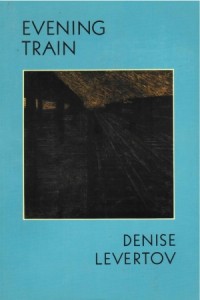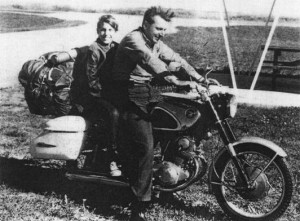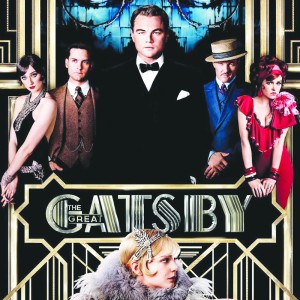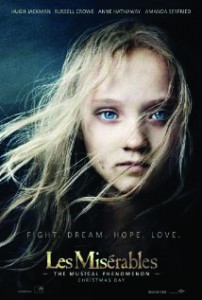This year’s spring SPOT was a clear success. Just by luking at the audience one could tell as everyone constantly johned in laughter together. Senior roommates, Luke Ogden and John Carpenter did a superb job #tag teaming back and forth throughout the two hour show with an array of facetious comments and jokes. They kept it short and concise with fewer acts, while regularly engaging with the audience, therefore making this one of the strongest SPOTs in years.
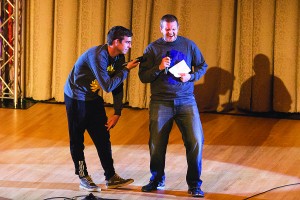 As normal, not all acts were equally amusing, though few disappointed. The show started out a little slow with a typical Christian school jab. The song may have had one or two clever lines, but overall it served as the usual conservative Christian relationship song with overdone points, such as getting “friend-zoned.” Also, the Mariachi band did not garner quite as many laughs as was perhaps hoped, but overall the show was strong and flowed well.
As normal, not all acts were equally amusing, though few disappointed. The show started out a little slow with a typical Christian school jab. The song may have had one or two clever lines, but overall it served as the usual conservative Christian relationship song with overdone points, such as getting “friend-zoned.” Also, the Mariachi band did not garner quite as many laughs as was perhaps hoped, but overall the show was strong and flowed well.
During setup breaks the extremely talented duet of Malcom Bell and Jerbrel Bowens entertained with upbeat piano-percussion pop songs that kept the audience lively. Also during breaks, Luke and John creatively entertained with their various top 10 lists.
The Flight of the Concords song Jenny was brought back again and done quite well. And videos such as the RAs Reading Tweets and Amazing Race were also clever and fun components to the show.
Due to some steph that happened following the fall SPOT, Nathan Hatch could not afFord to be quite as scandalous in his musical performance, although his Party Rock duet with Nathaniel Efthimiou still trumped some other acts included in the show.
The news update could not phelp making some jabs at Russia’s unprepared setup for the Olympics, and, though touching on serious issues, the two were only joshin’. This second performance of Hatch’s cracked people up with some eggcellent yokes from both him and co-anchor Josh Phelps.
And I must profess-or should I say concur with many peers that Ben Murphy’s clever punny story elicited an aBendant amount of laughs. Returning later with his Jimmy Fallon inspired thank you notes, more laughs were released as he thanked Luke Crawford for “reminding us what Jesus would look like if he was a 6’4” Canadian white ginger from Thailand with a giant smile.” And also he was sure to thank Sodexo as well “for a bar-like atmosphere in a dry town”- though as Luke and John remind us we should all be getting drunk… on Jesus.
Another fun wordplay skit included a quintet of sophomores who produced a clever script consisting of an impressive amount of Lord of the Rings quotes and references. And though funny, I urge you to also take warning from the skit: If you are in the music building and need a drink, resist-“do not disturb the waters.”
Overall, briefly mullen over the night’s events from the clutch president appearance to Sodexo jokes (napkins are a staple food) the show was strong and entertaining. Good work hosts, people shall be tweeting about this for days to come-well, as long as the Internet is working.

